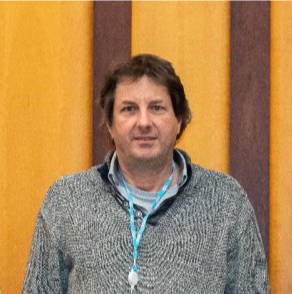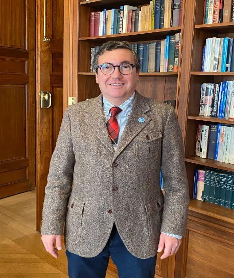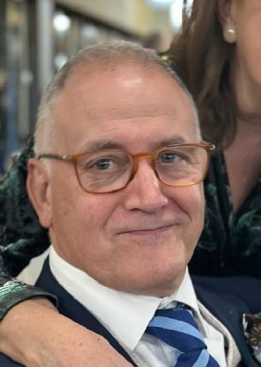Description of Activities
This standardisation project will boost the creation of a certification system for biometric solutions to be used in different scenarios. One of the first scenarios to be addressed is the remote identification of citizens using videoconference tools, i.e., using facial recognition with the users’ own personal devices (either computers or mobile devices).
Impact on SMEs (2nd Open Call)
When the European Identity Wallet will be defined, all service providers will have to adapt their services to use that wallet. Most service providers are either SMEs or use solutions developed by SMEs, so the definition of that identity wallet will have a major impact on the activities of those SMEs, increasing their workload, and therefore, their benefits.
Impact on SMEs (4th Open Call)
When the European Identity Wallet will be defined, all service providers will have to adapt their services to use that wallet. Most of services providers are either SMEs or use solutions developed by SMEs, so the definition of that identity wallet will have a major impact on the activities of those SMEs, increasing their workload, and therefore, their benefits.
Impact on SMEs (5th Open Call)
Many final solution integrators are SMEs, and they are the ones having to convince the final customer with the benefits of using their products. This is typically a challenge of these SMEs, compared to multinational enterprises. This certification scheme will allow SMEs to provide convincing certification, to all different customers, through a single evaluation, closing the gap with big enterprises, and improving their market ratio.
Impact on society (2nd Open Call)
European citizens need an interoperable secure means to authenticate themselves all over Europe, when carrying out electronic transactions.
Impact on society (5th Open Call)
This standard boosts the creation of a certification system for biometric solutions to be used in different scenarios. One of the first scenarios to be addressed is the remote identification of citizens using videoconference tools, i.e., using facial recognition with the users’ digital devices. But other scenarios will be added during this proposal, such as the use of face recognition in the future EUDI Wallet.
Organization
Associate Professor, Universidad Carlos III De Madrid
Proposal Title (2nd Open Call)
eID Wallet for the European citizen under the new eIDAS2
Proposal Title (3rd Open Call)
European Requirements for Biometric Products
Proposal Title (4th Open Call)
Guidelines for the Data Management within On-Boarded European Digital Identity Wallets
Proposal Title (5th Open Call)
European Requirements for Face and Fingerprint Products
Standards Development Organisation











